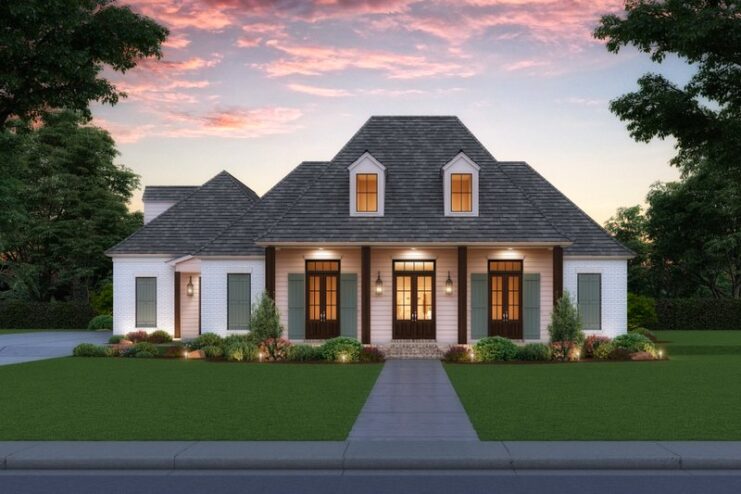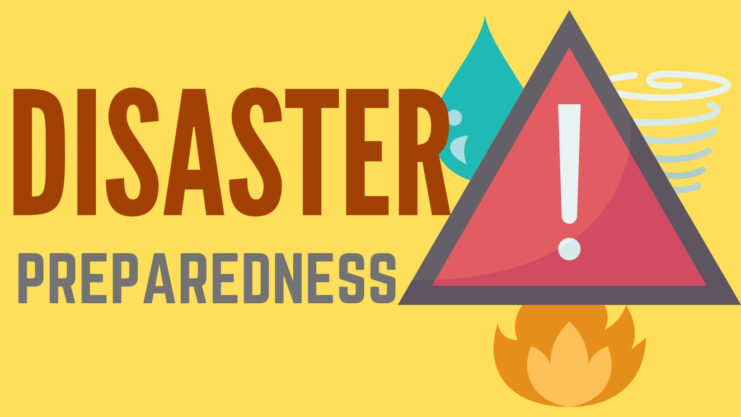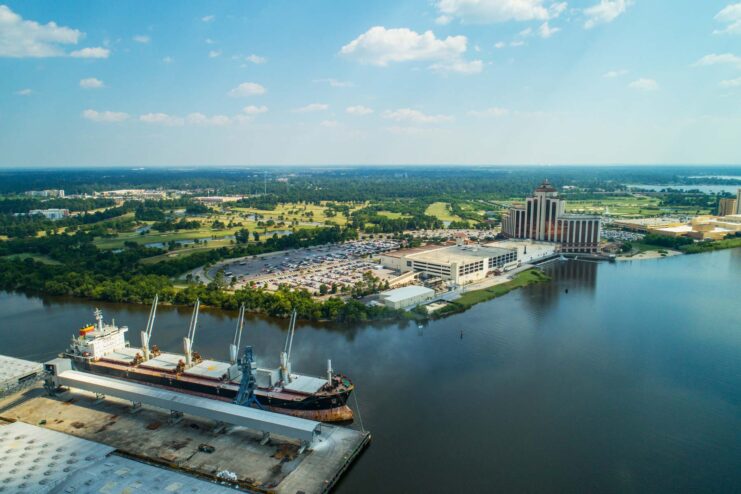Louisiana, with its vibrant culture reminiscent of a continuous celebration, from the bustling Mardi Gras parades to the savory crawfish boils, paints an alluring picture of jubilation. But beyond the festive veneer lies the reality of everyday life. This state, much like a complex gumbo, blends various elements of living costs, making it essential to stir through these layers before deciding to settle down.
In considering financial options, tools like a Louisiana title loan often become a consideration for those in need of immediate financial assistance, reflecting the necessity of understanding the broader economic landscape. This article aims to explore the various costs associated with living in Louisiana, offering a realistic snapshot beyond the festival lights.
Housing: Your Cajun Cottage or Bayou Bungalow
Costs of Housing: The Foundation of Your Budget

Housing in Louisiana, much like choosing the right spot for your Mardi Gras parade viewing, varies greatly depending on location and style. Urban areas like New Orleans might command higher prices, akin to front-row seats at a jazz festival, while more rural areas offer affordability, much like a quiet spot on the bayou.
Renting vs. Owning: Weighing Your Options
The decision to rent or own in Louisiana is akin to choosing between a short-term festival pass or a season ticket. Renting offers flexibility, ideal for those not ready to plant deep roots, while owning is a long-term commitment, offering stability and a sense of belonging.
Living Expenses: The Rhythm of Daily Life
Groceries and Dining: Savoring the Local Flavor
The cost of groceries and dining in Louisiana can be as varied as its culinary palette. Shopping local markets and cooking at home can be as cost-effective as preparing a homemade jambalaya, while frequent dining out, especially in tourist hotspots, can add up, similar to indulging in gourmet Creole cuisine.
Transportation: Navigating the Bayou State
In Louisiana, transportation costs depend largely on your choice of commute. Owning a car might be necessary in less connected areas, much like a boat in the bayou, while cities like New Orleans offer public transit options akin to catching a ride on a Mardi Gras float – less costly and more communal.
Utilities and Healthcare: Essential Ingredients
Utilities and healthcare are as essential to your budget as spices are to gumbo. These costs can vary, but it’s important to factor them in. Louisiana’s climate may lead to higher air conditioning costs, much like the need for extra seasoning in summer dishes.
Education and Entertainment: Cultivating Culture and Knowledge
Schools and Learning: Investing in Future Festivities

Education in Louisiana, from public schools to universities, is an investment in the state’s future revelers and thinkers. While there are costs associated with higher education, the state also offers unique cultural learning experiences, much like an impromptu jazz lesson in the French Quarter.
Entertainment: Enjoying the Festive Spirit
Louisiana’s rich cultural scene provides a plethora of affordable entertainment options. From free jazz concerts in the park to festivals celebrating everything from music to shrimp, life in Louisiana can be a delightful, cost-effective celebration.
Employment Opportunities in Louisiana
Understanding the employment landscape in Louisiana is essential for individuals considering relocating to the state. Major industries in Louisiana include energy, petrochemicals, agriculture, healthcare, and tourism, offering a diverse range of job prospects. It’s valuable to research average income levels, job availability in specific regions, and potential career growth opportunities. Gaining insights into the employment market will aid newcomers in making informed decisions about their professional prospects and financial stability when living in Louisiana.
Understanding Taxes in Louisiana
Louisiana’s tax structure plays a crucial role in financial planning. The state imposes income taxes, sales taxes, and property taxes, each with its own set of rates and regulations. Residents need to comprehend these tax obligations to manage their finances effectively. Moreover, understanding tax incentives and credits available for certain activities, such as energy-efficient home improvements or educational expenses, can help individuals optimize their tax liabilities. Exploring these tax nuances ensures a comprehensive grasp of the financial landscape in Louisiana.
Disaster Preparedness and Insurance

Louisiana’s susceptibility to natural disasters, particularly hurricanes, necessitates careful disaster preparedness planning. Residents should be aware of evacuation routes, emergency shelters, and disaster relief resources. Equally important is obtaining suitable insurance coverage, including flood insurance, to safeguard property and belongings. Understanding the claims process and having an emergency preparedness kit can be vital during crisis situations. Disaster preparedness and insurance considerations are integral components of ensuring financial resilience in Louisiana’s unique climate.
Quality of Life in Louisiana
Beyond financial aspects, assessing the overall quality of life in Louisiana is essential. Factors such as healthcare accessibility, safety, and cultural and recreational opportunities contribute to residents’ well-being. Researching the availability of healthcare facilities, crime rates in specific areas, and cultural amenities like museums, theaters, and parks provides a holistic view of the lifestyle awaiting individuals and families in Louisiana. Evaluating these quality-of-life factors assists in making informed decisions about relocation and daily living.
Exploring Communities and Neighborhoods
Louisiana offers diverse communities and neighborhoods, each with its own distinct character and amenities. Researching and exploring these regions helps potential residents find a suitable environment that aligns with their preferences and lifestyle. Consider factors such as proximity to schools, healthcare facilities, public transportation, and recreational spaces. Furthermore, understanding the local culture and community dynamics can aid newcomers in making a well-informed choice regarding their new home in Louisiana.
Legal and Regulatory Considerations

Navigating the legal and regulatory landscape when relocating to Louisiana is essential. Individuals should be aware of requirements for obtaining driver’s licenses, vehicle registrations, and voter registration in the state. Familiarizing oneself with local ordinances and regulations, such as zoning laws or property tax assessment procedures, is also prudent. Legal considerations can vary between regions within Louisiana, so gaining insight into regional differences is important for a smooth transition and adherence to local laws.
Conclusion: Balancing Celebration with Reality
Living in Louisiana is about balancing the joyous celebration of its unique culture with the realities of daily life. While the state offers an unparalleled festive spirit, understanding the costs associated with housing, daily living, and entertainment is crucial. By doing thorough research and realistically assessing your budget, you can find that sweet spot where the party never ends, and your finances remain sound. In the end, life in Louisiana can be as rewarding and vibrant as its famous Mardi Gras parades, with a bit of practical planning.

